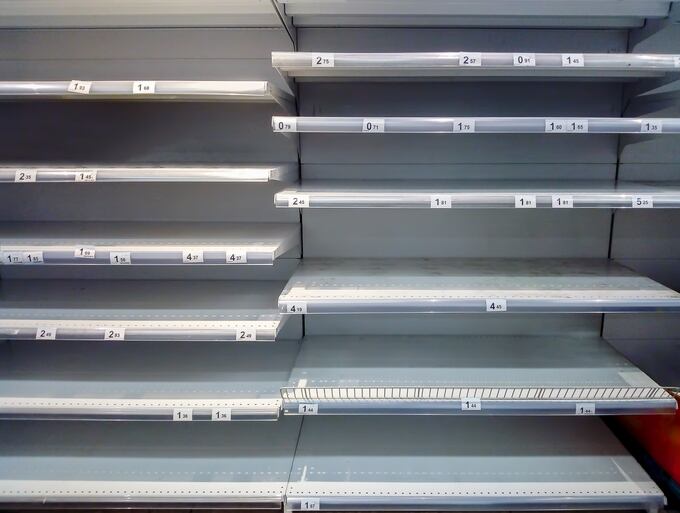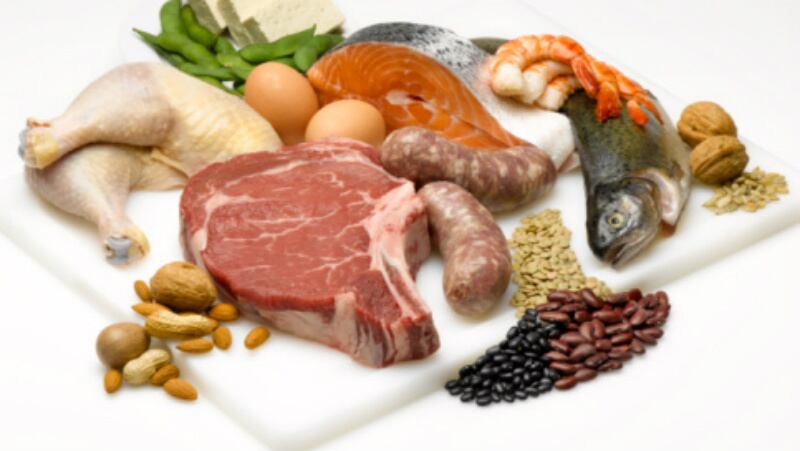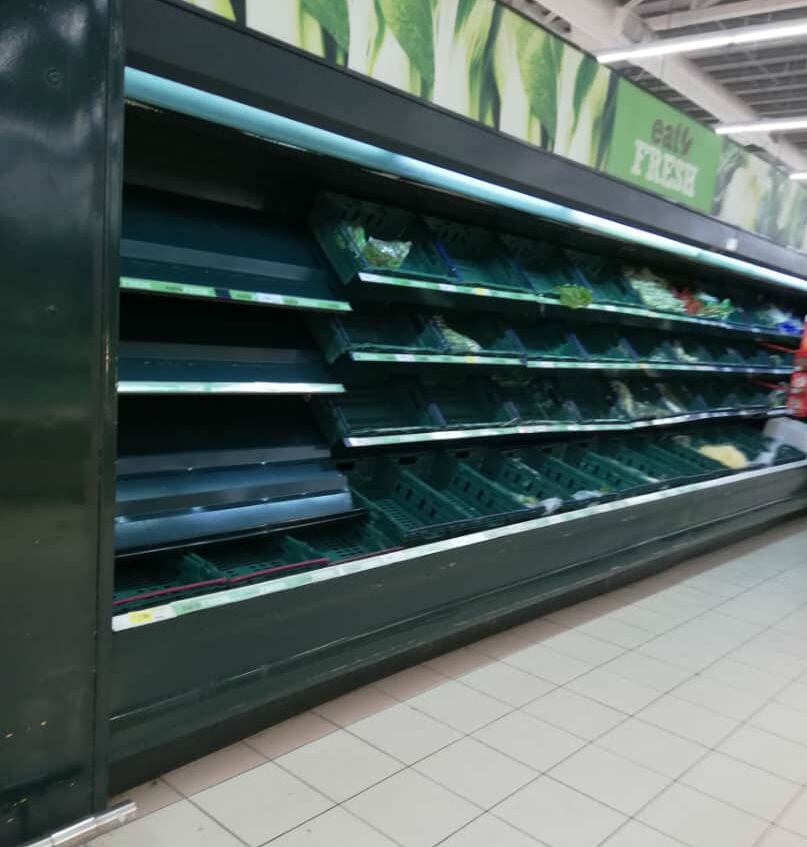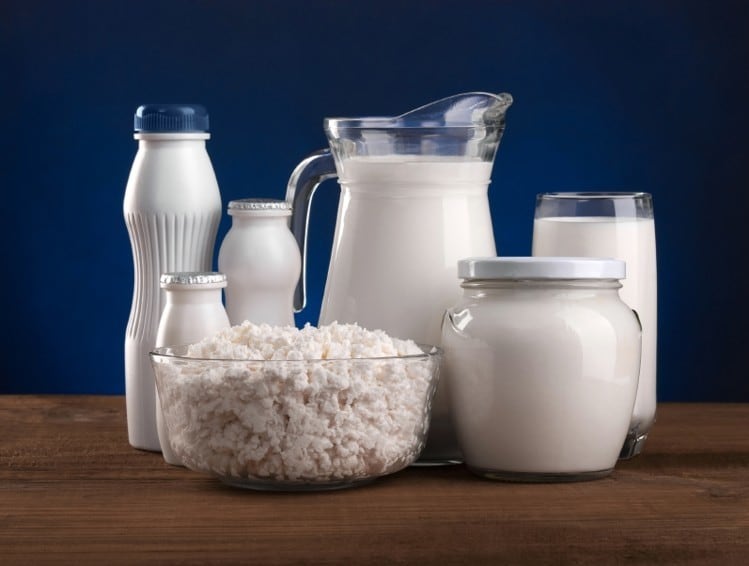Fred Harrison, CEO, told FoodNavigator-Asia most of the disposable plastic food packaging used to package non-perishables such as pasta, biscuits and rice are made in China.
“Biscuit trays and other food packaging is predominantly made from Polyethylene terephthalate (PET). China accounts for about 30% of global PET production, and the rest of Asia makes up a further 21%,” he said.
According to Harrison, China had experienced a dip in productivity, since factories in affected regions had to be shut down, however he assured there has not been a direct impact on its products. However, “Packaging still remains an issue if China can’t resume deliveries in the near future.”
“There are still ongoing deliveries, however we’re just in shorter supply due to Australia’s propensity to ‘panic buy’ at the moment.”
Assess options
Harrison said: “We have heard that some of our suppliers are commenting that packaging is beginning to become a concern. This could become a bigger issue as this drags on in months to come, especially if this lack of manufacturing continues beyond April.
“We’re also hearing that factories are slowly resuming work, but there’s a huge back log which will mean slow progress,” Harrison told us.
If the packaging line from China continues to be affected further than forecasted, Harrison said companies would need to assess their options.
“Switching suppliers is more complicated than it sounds and will be viewed as final option for many brands. Also taking into account that there is limited Australian options as well.
“Suppliers are going to have to be savvy when it comes to providing solutions to these problems in this current environment.”
Panic pandemic
In terms of the current wave of panic buying, he added: “Shelves are emptying very quickly. Pasta, flour, long life products are the real concern.”
“Fresh produce and the deli have not yet been impacted, but we are now also starting to see red meats fly off the shelves. Obviously, you can freeze meat, so people are taking the opportunity to stock up and put some extra packs in the freezer.”
However, he assured that Australia would not experience a widespread food shortage, “so long as the public becomes a little bit more responsible.”
“This panic buying has to subside; otherwise there will be major shortages. It is concerning.”
Toilet roll, in particular, has become a problem, with Ritchies enforcing a two-pack restriction per customer.
Harrison said brands like Kleenex, Quilton and Sorbent were manufactured in Australia, and it was highly unlikely that their factories would close.
“The situation is evolving on a daily basis and while we haven’t seen other products creating the same uproar as toilet paper, we’ll be monitoring stock levels closely and putting in restrictions if necessary.”
At the time of reporting (March 18), Australia has 454 confirmed cases, of which five have died from COVID-19. Globally, there have been more than 190,600 confirmed cases and more than 7,700 deaths.




